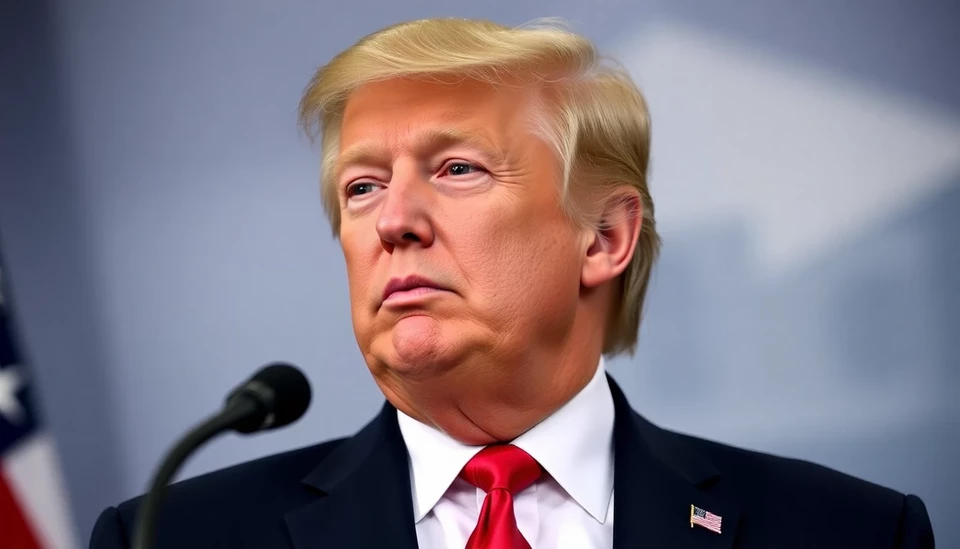
Former President Donald Trump has recently suggested exploring potential exceptions to his proposed 10% baseline tariff on a range of imported goods. This potential adjustment underscores his recognition of the evolving economic landscape and the pressures many businesses and consumers are facing as inflation continues to impact the American economy.
This tariff proposal, which is aimed at protecting domestic manufacturing, has drawn significant attention from various stakeholders, including economists, business leaders, and politicians. Critics argue that such a tariff could exacerbate inflation and lead to increased costs for consumers. In light of these concerns, Trump’s willingness to consider exceptions may reflect a strategic pivot designed to balance the interests of his political base with economic realities.
During a recent event, Trump outlined that while the tariff is intended to encourage domestic production, various factors will be assessed to determine if specific industries or products should be exempted. This decision could help mitigate potential price increases for essential goods and ensure that critical sectors of the economy do not suffer undue financial strain.
This is not the first instance where Trump has indicated flexibility in his economic policies. Historically, his administration exhibited a willingness to negotiate and adapt trade measures based on feedback from domestic industries and international partners. The current conversation around the tariff reflects this ongoing dialogue and the complexities involved in reshaping trade policy in a rapidly changing global market.
Moreover, Trump's suggestion has sent ripples through the financial markets, as investors evaluate the implications of a modified tariff structure. The stock market has been particularly sensitive to changes in trade policy, and many analysts will be closely monitoring how these potential exceptions could influence future economic forecasts and consumer behavior.
As discussions about the tariff continue to unfold, key stakeholders across various sectors are preparing to advocate for their interests. Industry groups have already begun to mobilize, emphasizing the need for targeted exemptions and voicing concerns about the impact on employment and production costs. Ultimately, the outcome of these discussions and the final structure of the tariff could have far-reaching effects on both the U.S. economy and its trade relationships around the globe.
In conclusion, Trump’s consideration of exceptions to the proposed 10% baseline tariff highlights the delicate balance between protecting American industries and addressing the economic realities faced by consumers and businesses alike. As the dialogue progresses, it remains to be seen how these proposals will be implemented and what consequences they may carry for the broader economic landscape.
#Trump #Tariff #Economy #TradePolicy #Inflation #USManufacturing #BusinessImpact #EconomicConcerns #MarketResponse
Author: Daniel Foster




